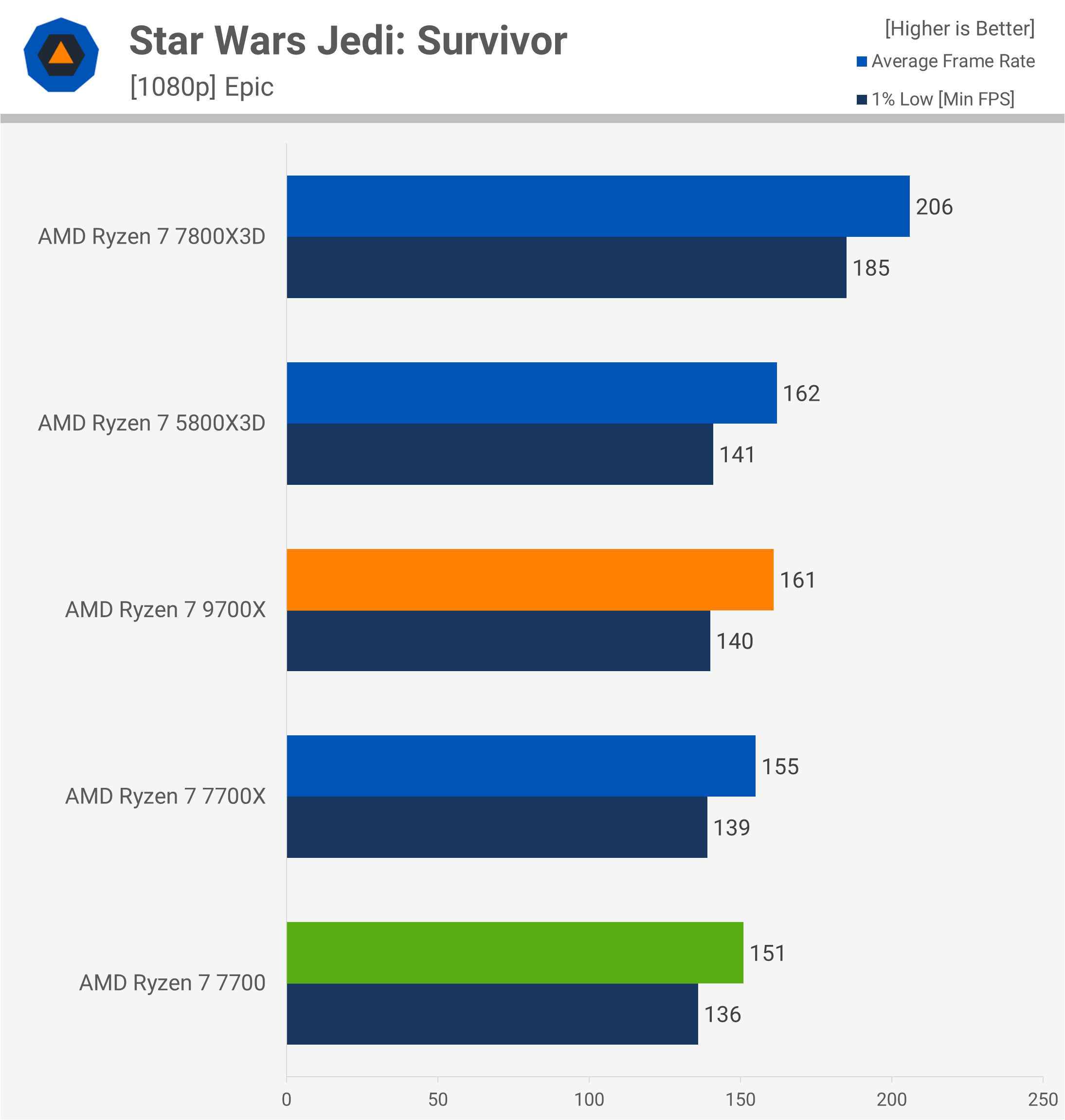Sibelco, one of the two companies mining ultra-high-purity quartz at Spruce Pine, North Carolina, has restarted production a little over ten days after Hurricane Helene devastated the area. According to its press release, Sibelco only suffered minor damage, and all its employees are safe and accounted for. With the company restarting shipments to its customers and ramping production to full total capacity, the chipmaking industry is assured that it won’t have issues with the pure quartz supply needed to make the silicon base of semiconductors.
Hurricane Helene was a Category 4 hurricane that severely affected the Spruce Pine area, thus raising some fears that it would disrupt the accessible and affordable supply of quartz needed to create silicon ingots. These ingots are sliced into thin wafers and polished, then etched to form the chips we find on our computers. However, you can’t just melt ultra-pure silicon in any container to create the silicon ingots you need to make chips. Impurities in the container could react with the molten silicon, so you need an equally pure quartz crucible to hold it.
Most chip makers and their suppliers have enough silicon wafers or silicon ingots to weather a disruption in the supply chain, so many did not expect any significant industry repercussions from the tragedy. Besides, there are other quartz sources globally, although they’re likely not as readily available and affordable as what the North Carolina mines supply.
Nevertheless, Sibelco’s production restart is welcome news for the entire industry. After all, the supply chain horror stories that started during the 2020 COVID pandemic and extended until 2022 are fresh in our memories, and we don’t want a repeat of that.
It reveals how vulnerable our global semiconductor supply chain is to major regional events. Although the U.S., the E.U., and several other nations are working to establish a more robust chipmaking industry, investments being made today, like the U.S. CHIPS Act, will take years, if not decades, to bear fruit. So, in the meantime, our only hope is that nothing more untoward will happen that will disrupt the delicate global network needed to make the chips that drive our society.

 6 days ago
8
6 days ago
8





:quality(85):upscale()/2024/10/17/848/n/1922729/9dece426671163b35dcb11.60305022_.jpg)


 English (US) ·
English (US) ·